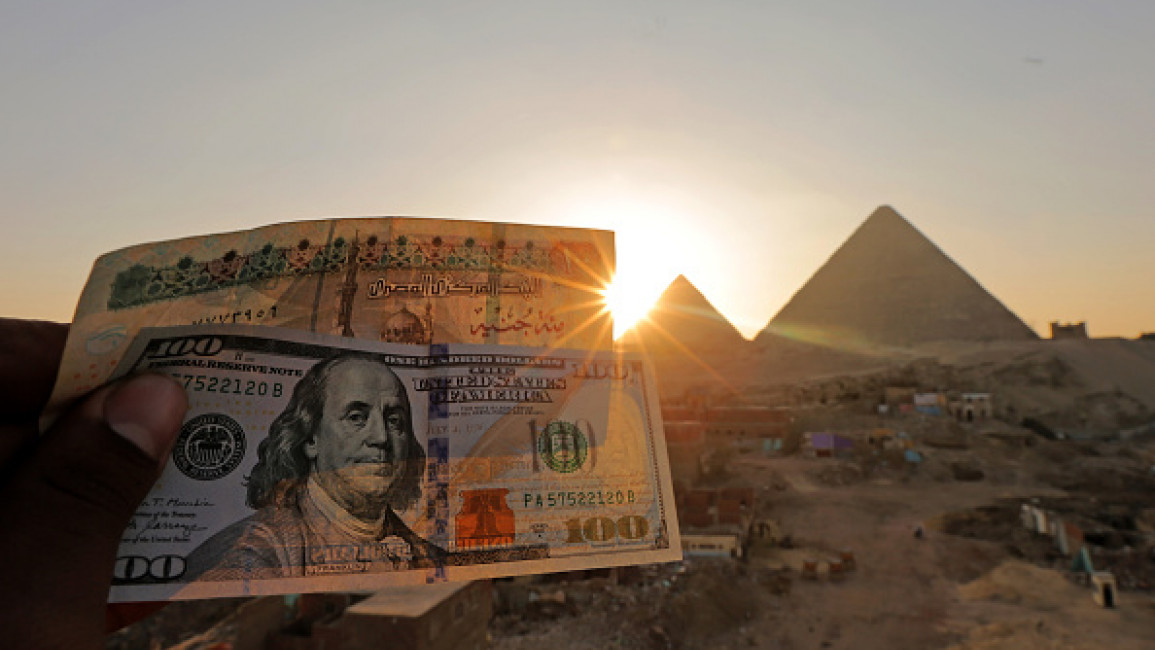Egypt pays farewell to Western brands after Kuwaiti Alshaya group downsizes operations
Egyptians will likely say farewell to many of their favourite Western brands after the Kuwaiti retail conglomerate Alshaya Group declared it would soon downsize its operations in Egypt amid a severe economic crisis triggered by domestic and external factors.
"Due to the economic situation and the challenges facing foreign companies in Egypt over the past three years, we have taken an exceptionally difficult decision to downsize our operations in Egypt," local and international news outlets cited the company as saying in an official statement on Wednesday.
The group added that it had decided to entirely shut down physical stores and online operations for several brands, including Claires, Debenhams, Mothercare, The Body Shop and Pinkberry in Egypt, while reducing the number of shops operating under the brands of American Eagle, Bath & Body Works, H&M and Victoria's Secret.
About 60 stores are expected to shut down in Egypt, while the fate of hundreds of local workers remains unclear in the absence of a deterring labour law.
Established in 1890, Alshaya is Kuwait's oldest company and one of the Middle East's largest operators of well-known retail brands, which has been operating in Egypt for 18 years.
Alshaya will continue running the famous US coffee chain Starbucks in Egypt despite a growing boycott movement in Egypt and throughout the region against the brand.
"The company's decision is a direct result of an ongoing economic crisis that made it hard for all franchises to convert their sales into US dollars for their profits to be transacted overseas," financial analyst Ahmed Hamouda told The New Arab.
"Apart from the Egyptians boycotting Western brands to pressure the US and other countries in the West to stop supporting Israel, there are many other business factors that have been taking a toll on Western franchises in the country; on top of them is the declining value of the local currency and the shortage of US dollars required for importing goods," Hamouda added.
The value of the US dollar against the Egyptian pound in the informal market has recently surged to almost 60 Egyptian pounds, while it is officially equal to about 30.90 Egyptian pounds (EGP) at the time of publication.
"Nearly all companies in Egypt, including state-owned ones, are known to resort to the parallel market to secure their needs of the US dollar to keep their businesses going amid a dire shortage of foreign currencies in general. That's why prices are counted by the informal value of the US dollar rather than the official one," Hamouda explained.
In October 2022, the Central Bank of Egypt imposed an exchange rate flexibility, allowing the value of the Egyptian pound to be regulated by market forces to save an already ailing economy after securing a US$3 billion loan from the International Monetary Fund (IMF).
In December last year, the Central Bank of Egypt auctioned $US 850 million worth of denominated treasury bills to overcome the rising shortage of US dollars.
Egypt's budget deficit accounted for six per cent of its Gross Domestic Product (GDP) in the fiscal year 2022/2023, while the country's debt-to-GDP ratio amounted to 95.6 per cent, with GDP recorded as 9.8 trillion Egyptian pounds (about US$318 billion).



